Ten Questions for Aldo Amparán

“I’d tell my past self to trust my work.” —Aldo Amparán, author of Brother Sleep
Jump to navigation Skip to content

“I’d tell my past self to trust my work.” —Aldo Amparán, author of Brother Sleep
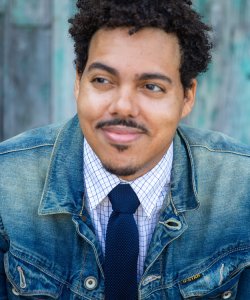
“A terrible draft of a story is a gift, because now the real work can begin.” —Jonathan Escoffery, author of If I Survive You

“Stop Googling the ages of people you think are more successful than you.” —Mia Mercado, author of She’s Nice Though: Essays on Being Bad at Being Good
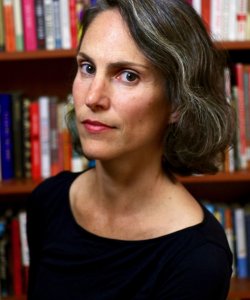
“These characters have been in my head for so long that they seem more real to me than some people.” —Lauren Acampora, author of The Hundred Waters
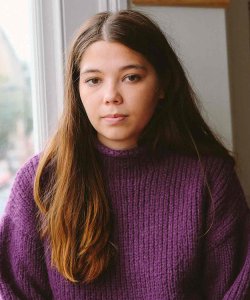
“I was surprised by my own tendency to write longer and longer lines and to frequently slip into prose poems.” —Nina Mingya Powles, author of Magnolia 木蘭

“If you can surprise a reader with a character’s reaction, a scene will almost always work.” —Megan Giddings, author of The Women Could Fly
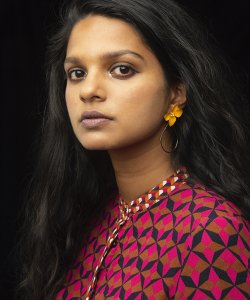
“Writing, I now believe, is both a confidence trick and an alchemical process.” —Sarah Thankam Mathews, author of All This Could Be Different
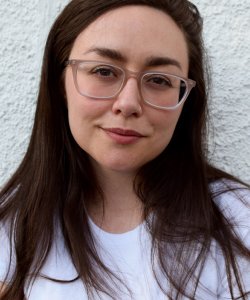
“I needed to live all of the change and movement and multiplicity that the book wound up being about in order to write it.” —Caylin Capra-Thomas, author of Iguana Iguana
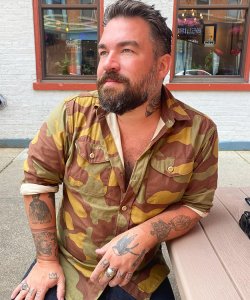
“A reader who truly needs these stories might not come to them for weeks, months, or even years.” —Isaac Fitzgerald, author of Dirtbag, Massachusetts: A Confessional

“This book really fought me, or I fought it, for the first couple of years.” —Safia Elhillo, author of Girls That Never Die